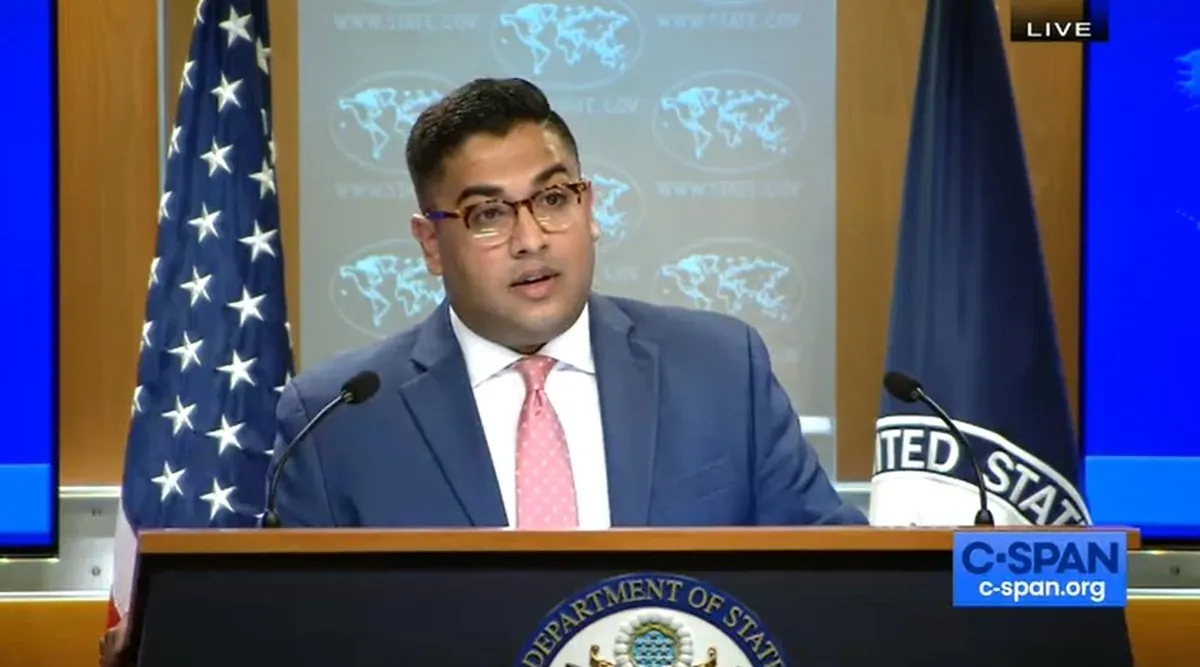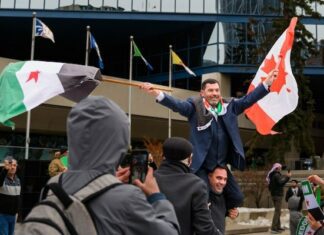
Rising tensions between Israel and Hezbollah have sparked fears of a broader conflict following a deadly missile strike in Majdal Shams, an area in the occupied Golan Heights. The attack on Saturday resulted in the deaths of 12 Druze children and injuries to dozens more, raising the stakes in the volatile region.
Yesterday, July 29, Hezbollah launched several attacks against Israeli military sites in northern Israel. The militant group targeted a recently installed spy system at the Malikiyah site, claiming a direct hit. Further strikes were reported at the Al-Raheb and Al-Baghdadi sites, where Hezbollah deployed Katyusha rockets and guided missiles in response to Israeli shelling in the southern Lebanese village of Shaqra.
The Israeli military claims to have intercepted a drone launched from Lebanon towards the Karish gas platform in the Mediterranean Sea. The drone was downed by an Israeli warship in cooperation with the Air Force. This marks the second drone incident in as many days, with Hezbollah reportedly using the drones for reconnaissance purposes.
In response to the attacks, Israeli aircraft raided the town of Houla in southern Lebanon, and artillery fire targeted the outskirts of Markaba. The Lebanese National News Agency reported further shelling in the Qanduli neighborhood west of Mays al-Jabal.
The missile strike in Majdal Shams, which Israel attributes to Hezbollah, has intensified fears of a significant escalation. Hezbollah has denied involvement in the incident and Iran warned Israel against further escalation. This attack has compounded ongoing hostilities since October 8, involving daily exchanges of fire across the Blue Line separating Lebanon and Israel. These exchanges have resulted in numerous casualties, predominantly on the Lebanese side.
Yesterday four high-ranking Israeli officials, including a senior defense official and a diplomatic source, spoke to Reuters on condition of anonymity, providing insights into Israel’s strategic approach. Two of the officials emphasized that Tel Aviv is seeking to balance its response to harm Hezbollah but avoid dragging the region into an all-out war. “The assessment is that the response will not lead to an all-out war, that would not be in [Israel’s] interest at this stage.”
Another official elaborated that while Israel is preparing for several days of potential fighting, the goal is to contain the conflict. “Israel wants to deliver a strong message to Hezbollah, but we are acutely aware of the risks of a wider conflict,” the official noted.
The Israeli Security Council has authorized Netanyahu to decide on the “method and timing” of a response. Yedioth Ahronoth newspaper reports suggest that response options range from targeted strikes on Hezbollah’s infrastructure, such as bridges, power plants, and ports, to more direct actions against Hezbollah’s weapons depots or senior leaders.
The US State Department reaffirmed its stance on the strategic importance of the Golan Heights for Israel’s security, particularly given the ongoing presence of Iranian-backed forces in Syria. Spokesman Vedant Patel emphasized that US policy regarding the Golan Heights remains unchanged.
Patel said, “As long as the Assad regime remains in power in Syria, as long as Iran and its proxies continue to be present in Syria, as long as Iranian-backed militias continue to be present in Syria, and as long as the Assad regime itself poses a major security threat to Israel, control of the Golan in practical terms will remain the same.” This is contrary to the view of some analysts regarding the status quo in terms of Israel.
Israeli officials have indicated a preference for a “measured response to avoid escalating into a full-scale war.” However, preparations are underway for potential extended clashes. With the death toll rising and tensions high, the international community remains watchful, urging both sides to de-escalate and avoid further loss of life.








